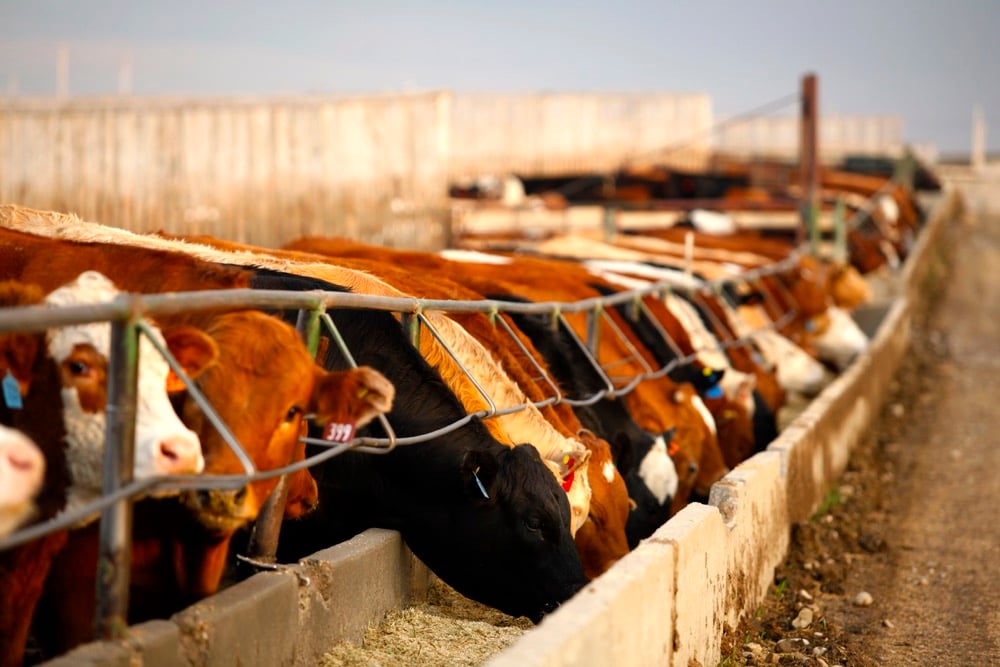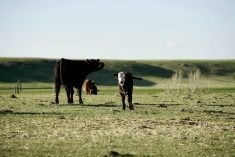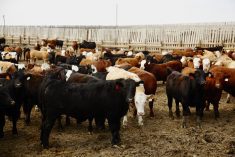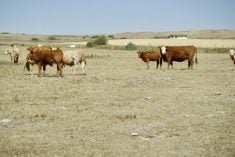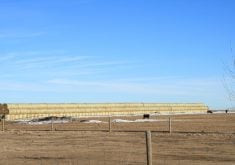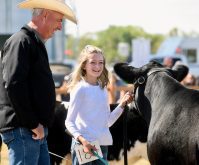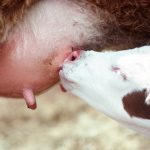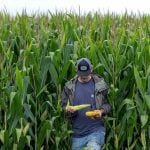A recent Alberta research project, known as GreenBeefCow, is designed to merge information between three ongoing studies into methane production and feed efficiency in beef cattle. Researchers in the GreenBeefCow project will evaluate biomarkers for methane production in cattle, investigate relationships between methane production and other methane-related traits, and then add this information to larger research databases in order to seek out correlations between methane production and the genomic profiles of beef cattle.
Dr. Carolyn Fitzsimmons with Agriculture and Agri-Food Canada says this bridging project will ultimately help develop genetic selection strategies to breed beef cattle that mitigate methane emissions.
Read Also
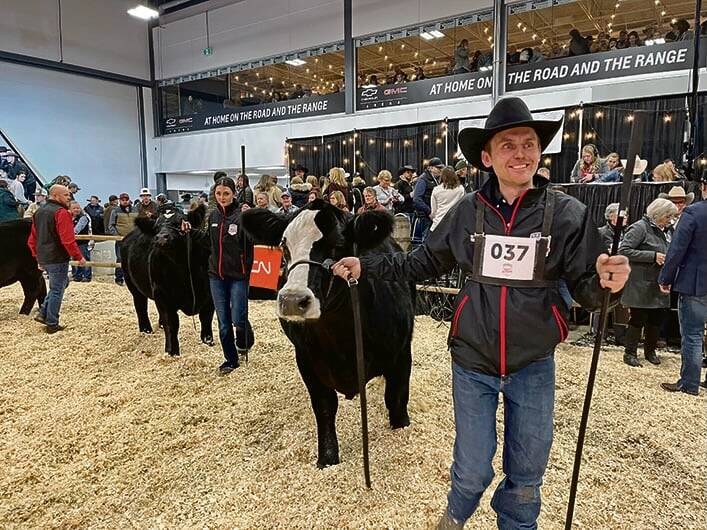
What to know before you go to Agribition 2025
If you’re attending Agribition 2025, this is the place to find out about tickets, dates and what’s happening this year.
Fitzsimmons together with Dr. Leluo Guan, who specializes in the study of microflora in livestock in the department of agricultural, food and nutritional science at the University of Alberta, and Dr. John Basarab, who specializes in residual feed intake and production efficiency for Alberta Agriculture and Forestry, will identify and evaluate genomic and fecal microbiome markers for low methane emissions from approximately 1,000 beef cattle.
Genotyping identifies genomic markers associated with the data collected on these animals. Methane emissions, for example, will be matched with dry matter intake to develop better predictions for methane production based on an animal’s feed efficiency.
Once this information is compiled, the GreenBeefCow project will support the development of genetic selection tools, probiotics and fecal microbiome markers, with the goal of reducing overall methane production while improving a producer’s bottom line by raising more feed-efficient cattle.
GreenBeefCow is funded by the Alberta Livestock and Meat Agency (ALMA), while the three ongoing studies are supported by the Climate Change and Emissions Management Corporation, ALMA, and the Beef Cattle Research Council via the Growing Forward 2 program.
For more information contact Dr. Carolyn Fitzsimmons at [email protected].

